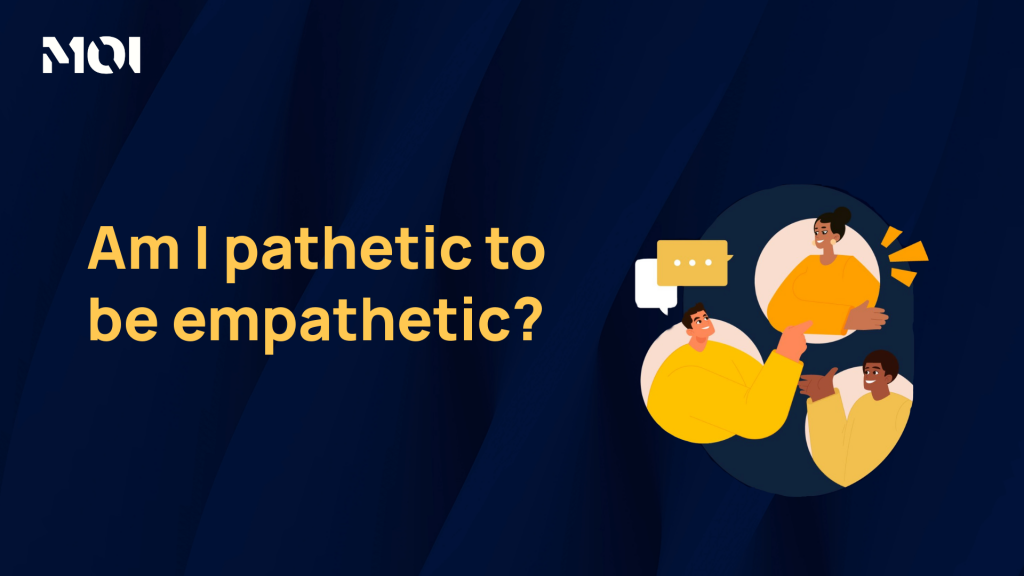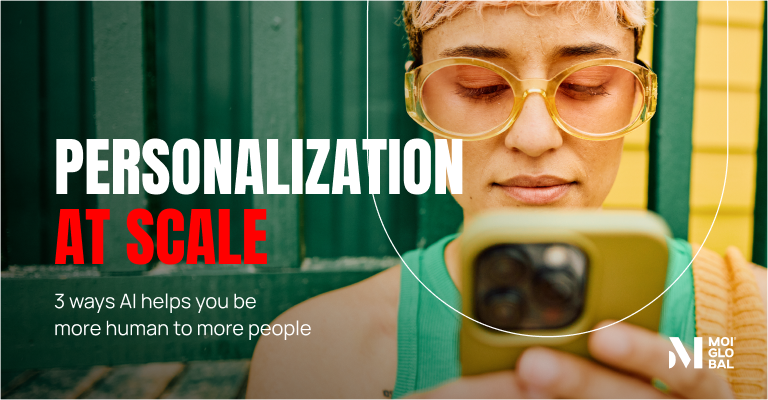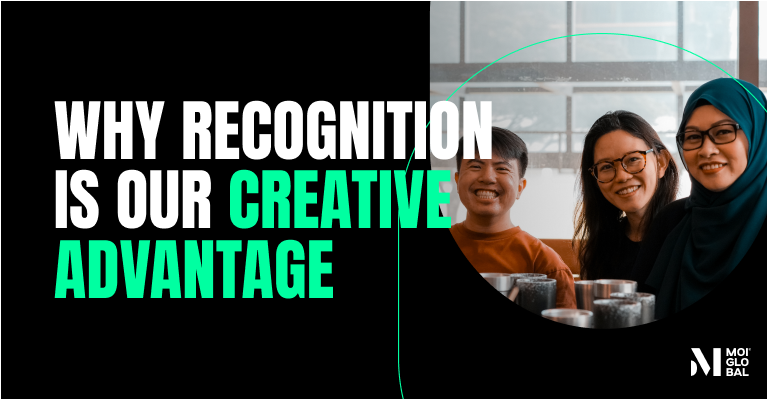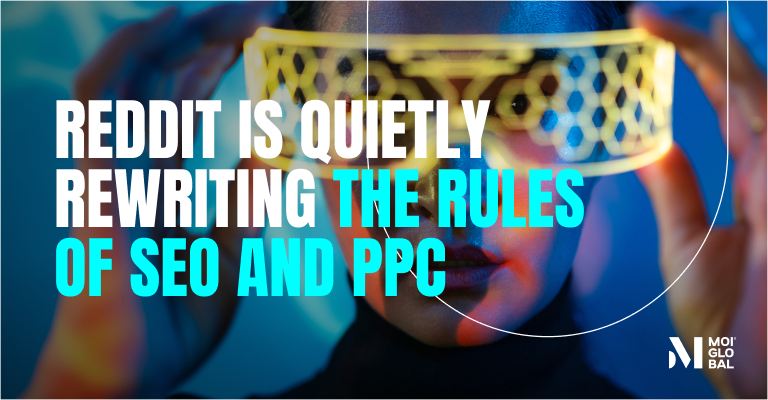
A while back, I wrote about authenticity in leadership – and the topic has stayed with me. It keeps coming up in conversations, in campaigns, with customers… and is shaping how I think about what good leadership, in my role, looks like. I find myself admiring other brands and leaders who don’t just talk the talk, but show up in ways that feel honest, even when it’s uncomfortable. In a business world that often defaults to slick, polished, and always-on messaging, there’s something genuinely refreshing about people and companies who let us see behind the curtain – the progress, the process, and the parts that are still messy.
That kind of openness isn’t just nice. It’s necessary.
I think motherhood has also deepened my sense of empathy, not just in the nurturing sense, but in how I show up as a leader – more attuned, more present, and more conscious of how important it is to lead with care, not just competence.
Empathy and authenticity have long been treated like optional extras – a bit of sparkle to add to a campaign, or a softening filter for leadership comms. But that framing is outdated. These aren’t decorative touches anymore; they’re foundational. They should sit at the heart of how we build, lead, communicate, and grow. Not because they sound good in a manifesto – but because they actually work.
I genuinely believe if you’re not building your business around them, you’re not just missing the point. You’re missing the opportunity.
In my career, I’ve worked alongside some truly brilliant minds – people whose ideas reshape strategy, who can quote industry reports before breakfast and build complex GTM strategies before lunch. Their expertise is inspiring. But the ones who create the most meaningful, lasting impact? They lead with empathy. They don’t just solve problems; they try to understand where those problems come from. They ask better questions – the kind that go beyond performance metrics and get to the core of what someone really needs.
Because when you understand someone’s world, you don’t just respond more effectively. You build relevance. And relevance earns trust.
And trust, as it turns out, is the one business metric that still holds its value.
Of course, not everything that claims to be authentic really is. We’ve all seen the glossy posts pretending to be personal, the brand film that hits every note but somehow misses the human element, or the leadership message that says the right words without ever really saying anything at all [I know I’ve been guilty of that in the past].
The truth is, authenticity is still the sharpest tool we have.
Because when you genuinely care – about your customers, your people, your work – it shows. You hear it in the tone. You feel it in the work. People see it in the decisions you make. And more importantly, you see it in how other people respond. Not because it’s emotionally charged, but because it’s grounded. Strategic empathy doesn’t mean saying yes to everything. It means understanding enough to know when to say yes, when to say no, and when to pause and ask better questions.
Empathy creates space for context – and context creates space for the right decisions.
Right now, that matters more than ever. The industry is noisy, attention is frayed, and people are tired of being talked at. Whether you’re leading a global business or running a team of five, the expectation is the same: show up, speak honestly, and don’t waste anyone’s time. That’s not just a cultural shift – it’s a strategic one. Because when people believe you’re being real with them, they’re far more likely to listen, engage, and trust what you’re building.
Empathy and authenticity aren’t trends. They’re the connective tissue that links what you say to what people believe. Well that’s what I believe.
And in practice, they show up in small but significant ways: the sales conversation that starts with listening, not a deck. The social post that reads like a person, not a press release. The internal comms that acknowledges reality, then outlines the path forward. And the marketing campaign that’s built around what your audience actually feels — not just what you want them to do.
Because when it’s done right, it doesn’t just connect. It converts.
So no — empathy isn’t a liability nor is authenticity a risk. And to answer my own question…no I’m definitely not pathetic to be empathetic.


